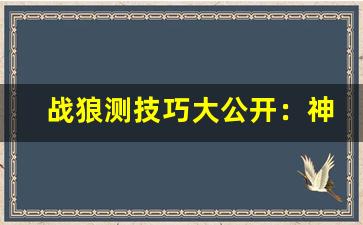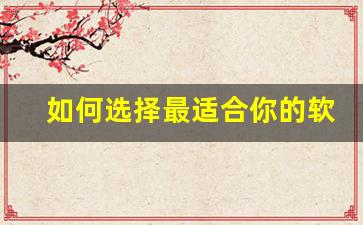
Textile socks are a popular type of sock that are made from various materials, including cotton, wool, and synthetic fibers. They are known for their comfort, durability, and style. In this article, we will explore the different types of textile socks available, as well as the production process and key features that make them unique.
Types of Textile Socks
There are several types of textile socks available on the market today, each with its own unique characteristics. Some of the most common types include:
1. Cotton Socks: Made from natural cotton fibers, cotton socks are comfortable, breathable, and durable. They come in a variety of styles and colors, making them a versatile choice for any outfit.
2. Wool Socks: Made from soft wool fibers, wool socks are warm, cozy, and absorbent. They are often used for outdoor activities or during colder months.
3. Synthetic Socks: Made from synthetic fibers such as polyester or nylon, synthetic socks are lightweight, moisture-wicking, and easy to clean. They are often used for sports or exercise.
Production Process
The production process for textile socks involves several steps, including:
1. Yarn Spinning: Raw fibers are first spun into yarn using spinning machines. The quality of the yarn is important for the overall quality of the socks.
2. Knitting: The yarn is then knit into socks using knitting machines. The number of stitches per inch (PSI) determines the strength and durability of the socks.
3. Dyeing: After knitting, the socks may be dyed to add color and pattern. This step can be done by hand or using automatic dyeing machines.
4. Finishing: Finally, the socks are finished by adding elastic bands at the top and bottom to hold them in place, and they may be machine-washed or hand-washed depending on the material.
Key Features of Textile Socks
In addition to their different types and production processes, textile socks also have several key features that set them apart from other types of socks:
1. Comfortable Fit: Textile socks are designed to fit comfortably around the foot and ankle, providing support without causing discomfort or irritation.
2. Durability: Textil socks are known for their durability and longevity, lasting longer than many other types of socks.
3. Style Options: With so many different styles and colors available, textile socks offer a wide range of options for anyone looking to add some personality to their outfit.
In conclusion, textile socks are a popular choice for anyone looking for comfortable, durable, and stylish socks. Whether you prefer cotton, wool, or synthetic fibers, there is a type of textile sock out there that is perfect for you. By understanding the different types of textile socks available and their production process and key features, you can make an informed decision when choosing your next pair of socks.






